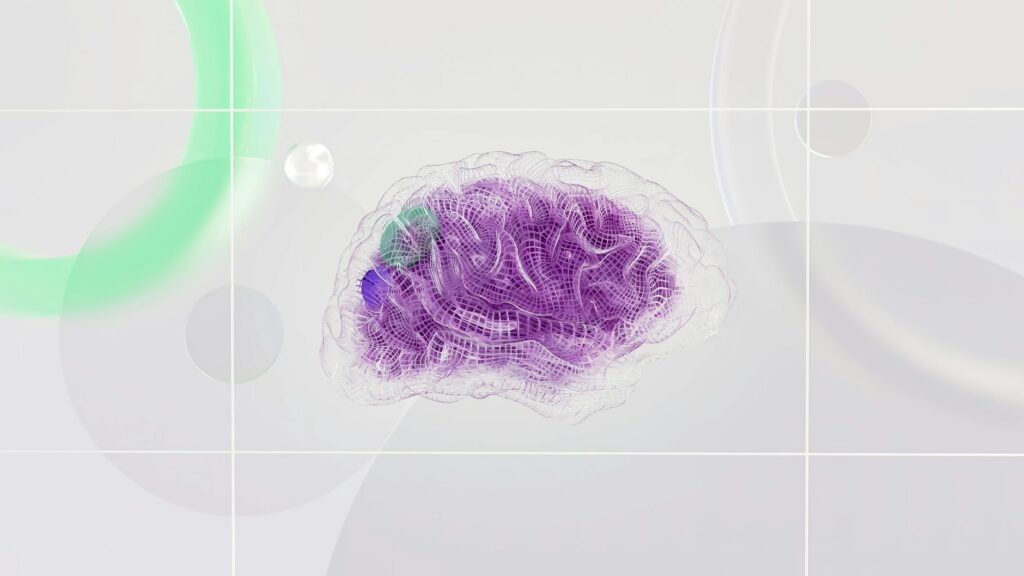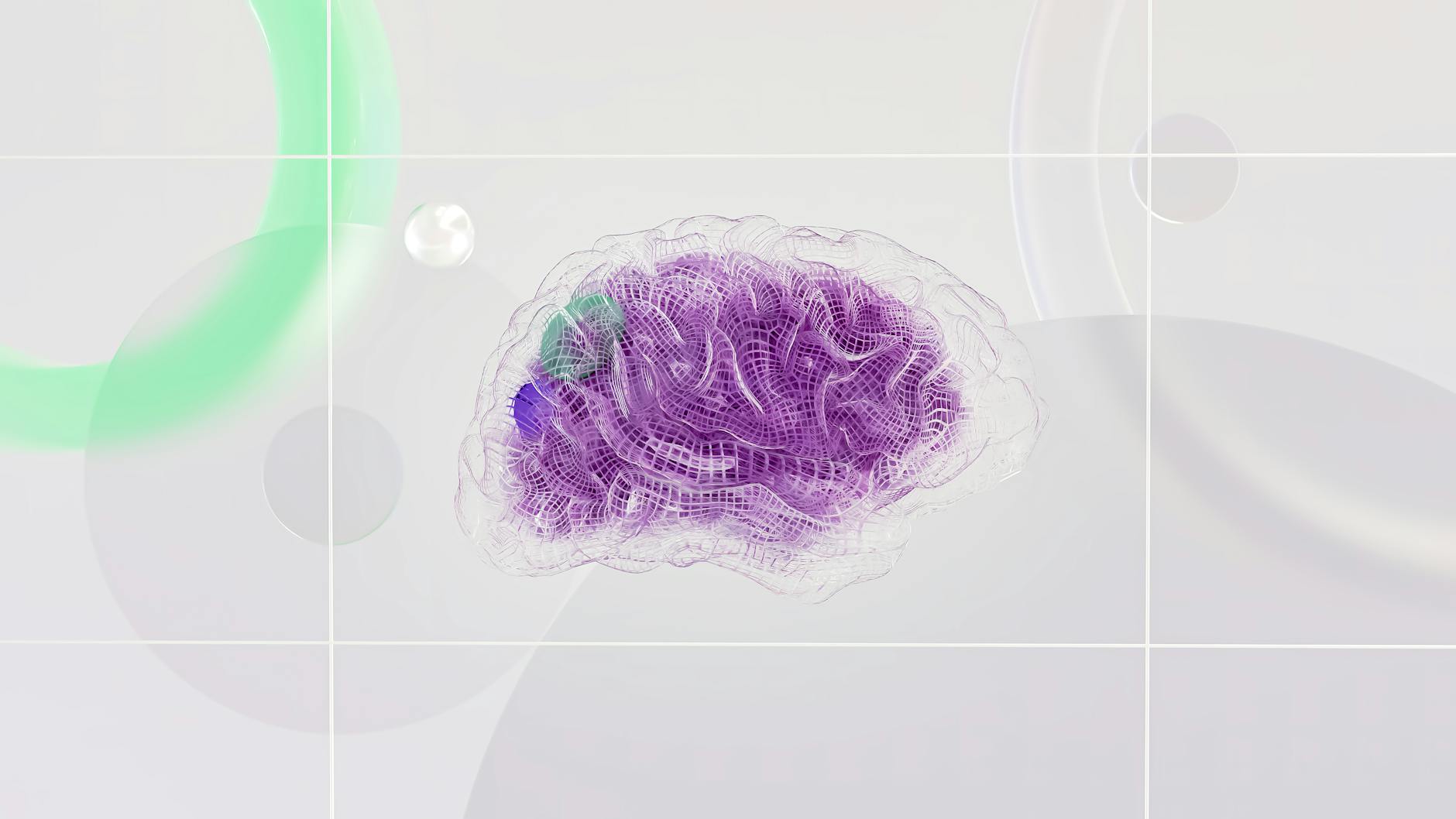What is neuroethics?

What is Neuroethics?
Neuroethics is an intriguing field that sits at the crossroads of neuroscience, ethics, and philosophy. As our understanding of the brain expands through technological advancements, this discipline has become increasingly relevant. With the rapid development of brain research and neurotechnology, discussions surrounding the ethical implications of neuroscience have gained urgency. So, what exactly does neuroethics encompass, and why should you care? Let’s explore this thought-provoking topic.
Understanding Neuroethics
At its core, neuroethics examines the ethical, legal, and social implications of neuroscience. This includes not just the implications of the research itself but also how neuroscience can influence our understanding of ethics. The field has evolved significantly alongside the development of neuroscience, addressing complex questions about how our brains work and what that means for our behaviors and moral responsibilities.
Historical Background of Neuroethics
Neuroethics emerged in the early 2000s as a response to the burgeoning field of neuroscience. Key milestones include foundational texts that laid the groundwork for the ethical discussions surrounding brain research. For instance, the publication of articles in scientific journals and the establishment of organizations dedicated to neuroethical inquiry marked significant steps forward. These efforts highlighted the need for a structured approach to address the implications of neuroscience on society.
Key Concepts in Neuroethics
Several core concepts define the landscape of neuroethics:
-
Brain Enhancement: This raises questions about the morality of using technology to enhance cognitive abilities. Should we accept interventions that could give some individuals an unfair advantage?
-
Ethics of Neuroimaging: As tools like fMRI become commonplace, concerns arise regarding privacy and the interpretation of brain scans. For instance, what happens if someone misuses brain data?
-
Moral Responsibility: Discoveries in neuroscience challenge traditional views about free will and accountability. If our actions can be traced back to brain activity, how do we assign blame?
By understanding these concepts, we can better grasp the implications of our growing knowledge about the brain.
Applications of Neuroethics
Neuroethics finds applications across multiple fields, including medicine, education, and law. Let’s dive deeper into how this discipline influences these areas.
Neuroethics in Medicine
In the medical realm, neuroethics guides clinical practices, particularly in treating mental health and neurological disorders. Ethical considerations arise when determining how to apply neuroscientific findings in patient care. For instance, should doctors use brain stimulation techniques to treat depression, knowing they might alter a patient’s personality? These questions help ensure that ethical standards align with medical advancements.
Neuroethics in Education
The implications of neuroscience extend into educational practices. Understanding how the brain learns can shape teaching methods and curriculum design. However, this also raises ethical dilemmas. For example, if research shows that certain teaching techniques significantly boost learning, do we risk standardizing education at the expense of individual learning styles? Neuroethics encourages us to consider the balance between evidence-based practices and the unique needs of students.
Challenges and Controversies in Neuroethics
As with any evolving field, neuroethics faces significant challenges. Let’s look at some of the major ethical dilemmas currently debated.
Privacy Concerns
Advancements in neuroimaging and data collection techniques raise critical privacy issues. With the ability to gather detailed insights into a person’s brain activity, the potential for misuse grows. How do we protect individuals from having their neurological data exploited? This concern requires ongoing discussions about how to safeguard privacy while advancing scientific knowledge.
Moral Responsibility
The relationship between neuroscience and moral responsibility remains contentious. If brain scans can predict behavior, does that negate the notion of free will? This question is pivotal in criminal justice, as it challenges how we perceive accountability for actions. The debate continues as we navigate the implications of neuroscience on our understanding of morality.
Future Directions in Neuroethics
Looking ahead, the field of neuroethics is poised to evolve further as technology advances. New developments present fresh ethical considerations that society must address.
Emerging Technologies and Ethical Considerations
Innovative technologies, such as brain-computer interfaces and artificial intelligence, will undoubtedly introduce new ethical questions. For instance, if we develop a device that allows us to control devices with our thoughts, what are the implications for personal autonomy? Similarly, as AI systems learn from human behavior, we must consider how these technologies might influence societal norms and ethical standards.
Conclusion
In an era where neuroscience continues to unravel the mysteries of the brain, neuroethics stands as a crucial field of study. It helps us navigate the complex ethical landscape that accompanies new discoveries. As you reflect on the implications of neuroethics, consider how this discipline influences your own life and the society around you. The conversations surrounding neuroethics will only grow in importance, urging us to think critically about our choices and their consequences.
For more detailed insights into neuroethics, you can explore resources from Britannica and the BRAIN Initiative.

Photo by Google DeepMind